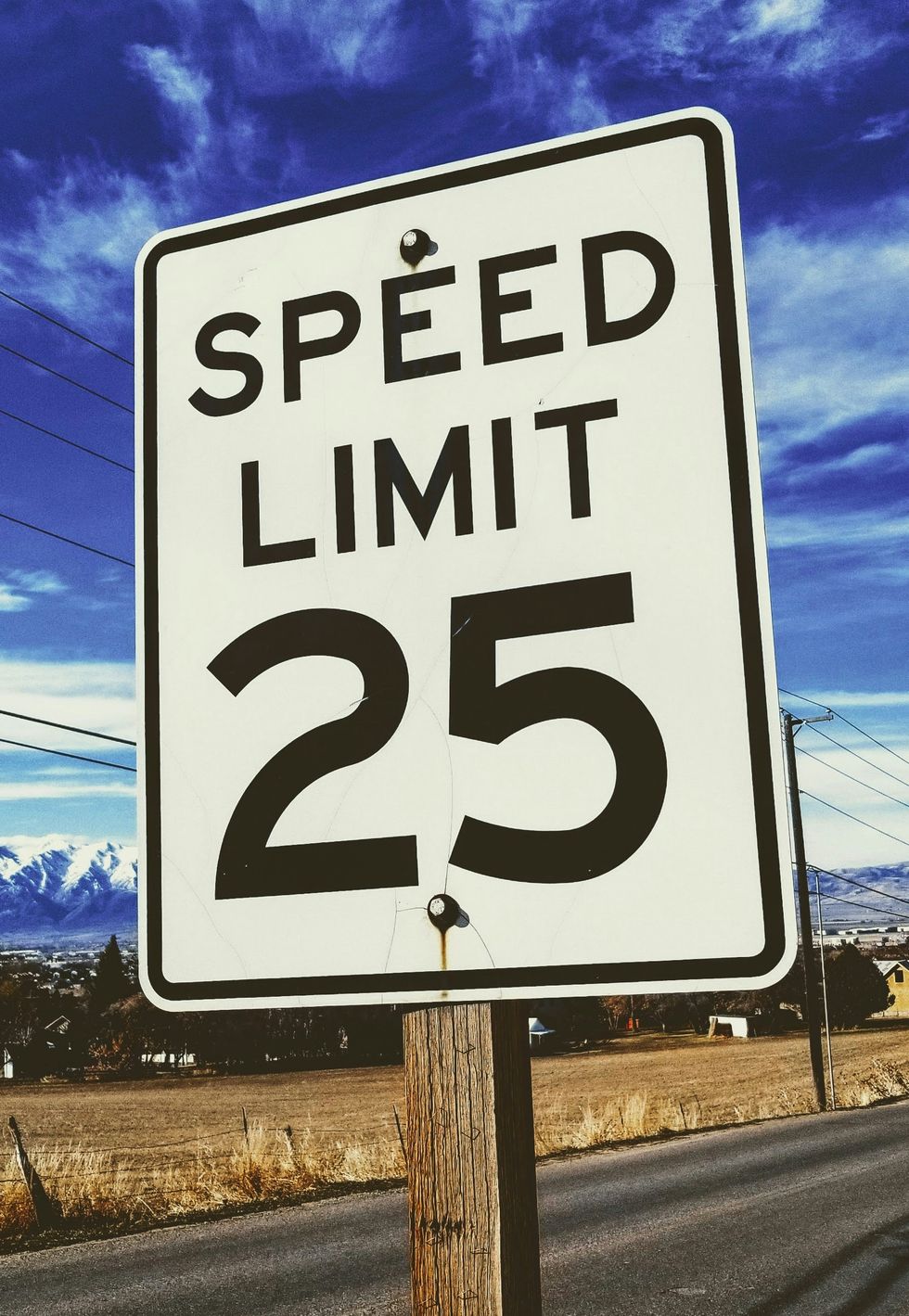Grab your buddies, your favorite strain, a few of the tastiest edibles, and get spend a night in playing a classic board game. But -- weed-themed!
Check out the best stoner-themed games:
This is an all-inclusive game. The only thing you need to bring is your weed and self. This is actually a creation game that has been passed down from generation to generation. The goal is to reach 11,000 points before anyone else. Similar to the older drinking games, only with weed!
This one’s kind of like Monopoly, but marijuana themed. So much fun, just watch out for the cops. And, well, there’s no jail, BUT, there is a rehab facility, so mind your manners.
The goal of this (very fun game): To be Weedopolist. Basically, do everything you can to rule this weed world. Watch out, this game might make you take a hit.
Build a healthy weed crop and try to block other players from doing the same. If you’re successful, you’ll be the ultimate grower.
Sign Up for The Bluntness Newsletter for Your Weekly Dose of Cannabis News
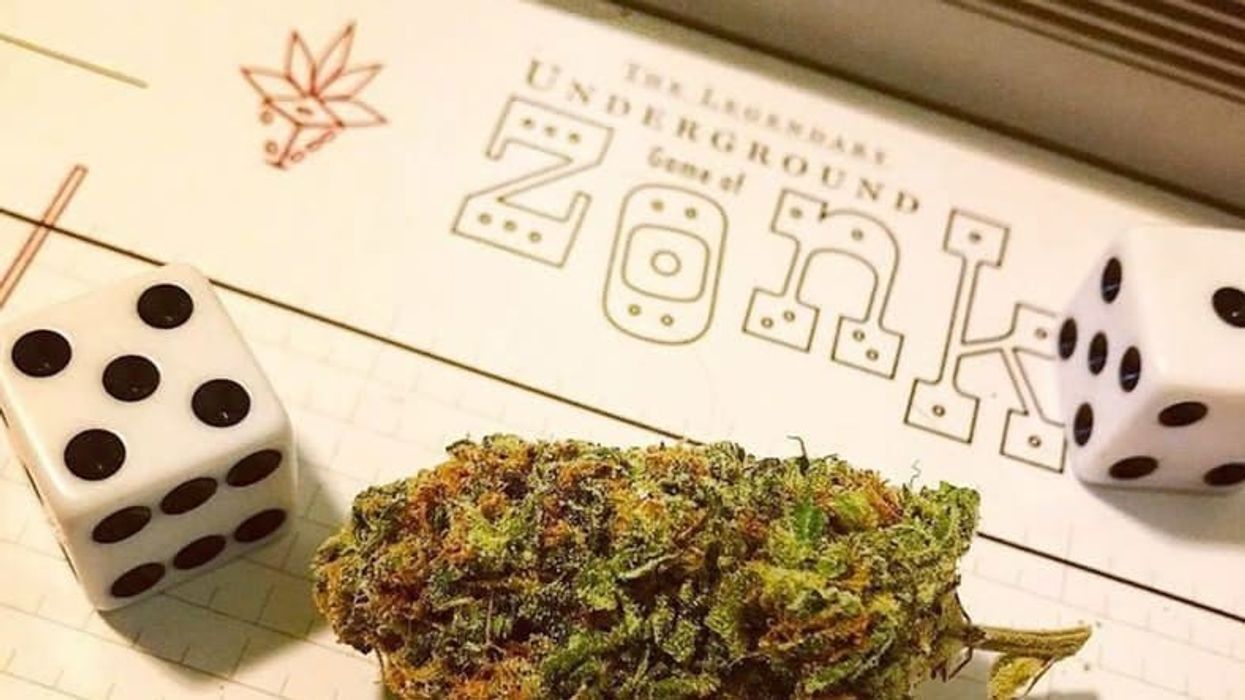


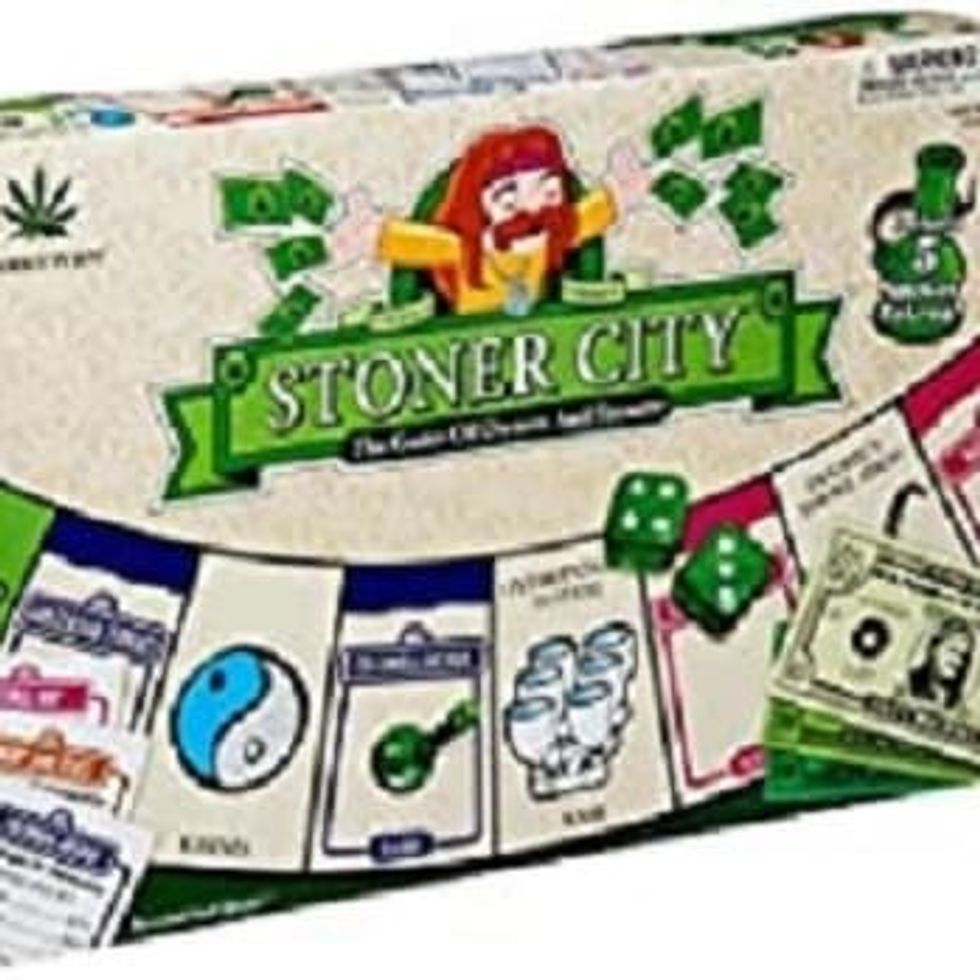







 11 Signs You've Greened Out and How to Handle It - The Bluntness
Photo by
11 Signs You've Greened Out and How to Handle It - The Bluntness
Photo by  11 Signs You've Greened Out and How to Handle It - The Bluntness
Photo by
11 Signs You've Greened Out and How to Handle It - The Bluntness
Photo by 






 The Truth About THC Candle: Cannabis Candles & How to Make Your Own - The Bluntness
Photo by
The Truth About THC Candle: Cannabis Candles & How to Make Your Own - The Bluntness
Photo by 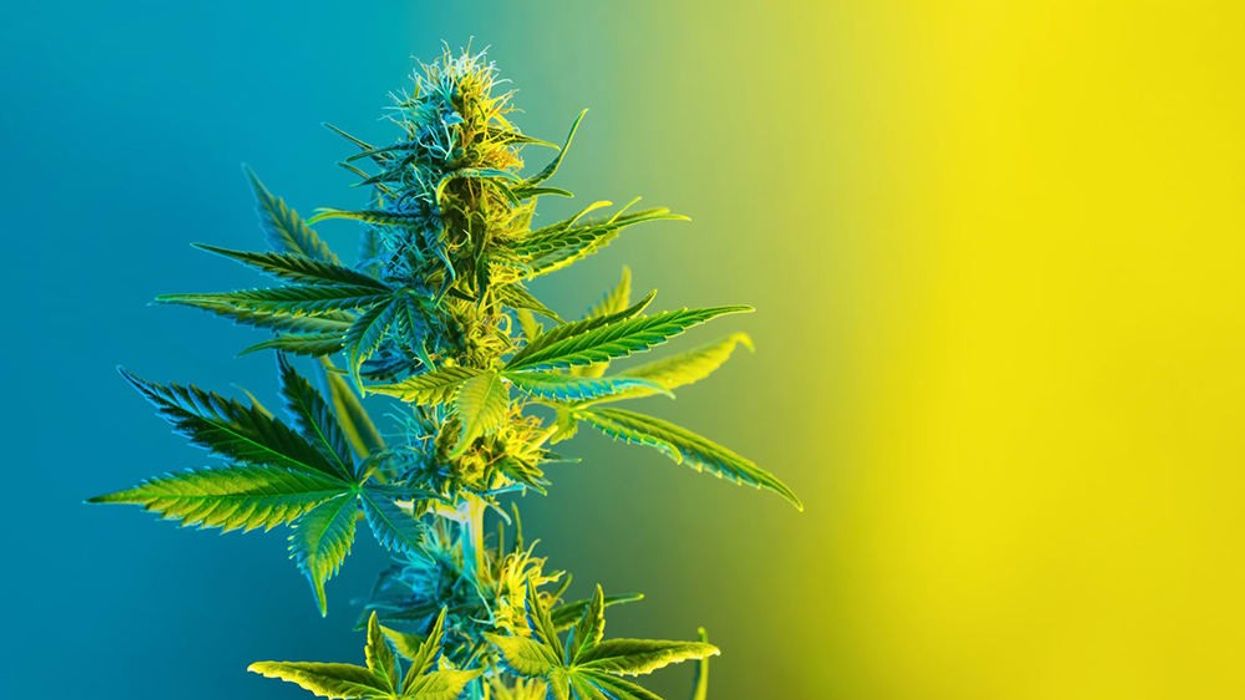
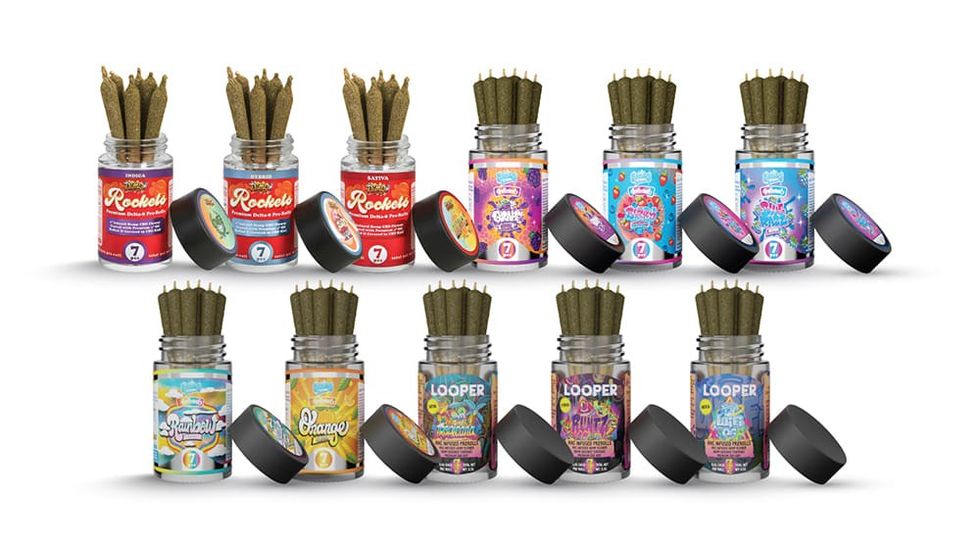
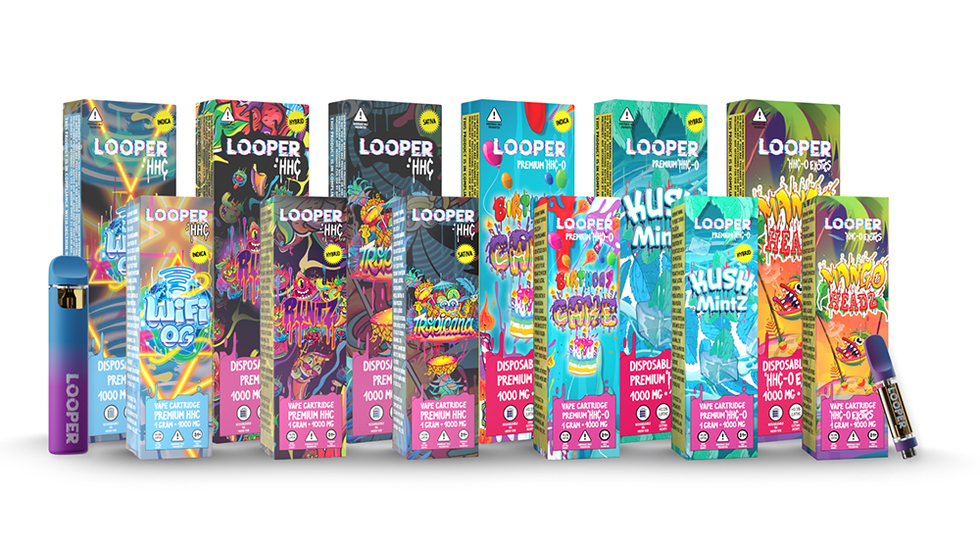
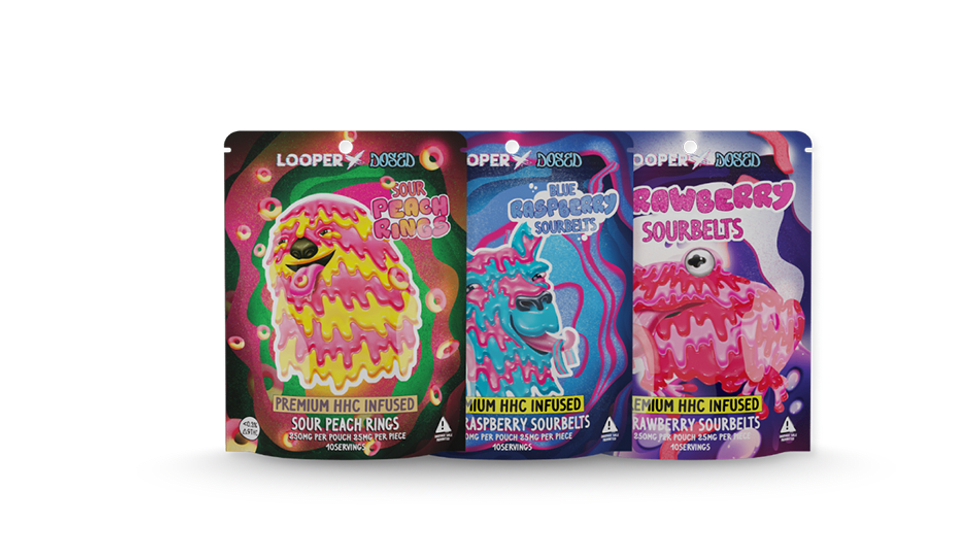

 Why are law enforcement officials trying to freeze out cannabis legalization? Follow the money.Image by OpenClipart-Vectors from Pixabay
Why are law enforcement officials trying to freeze out cannabis legalization? Follow the money.Image by OpenClipart-Vectors from Pixabay



